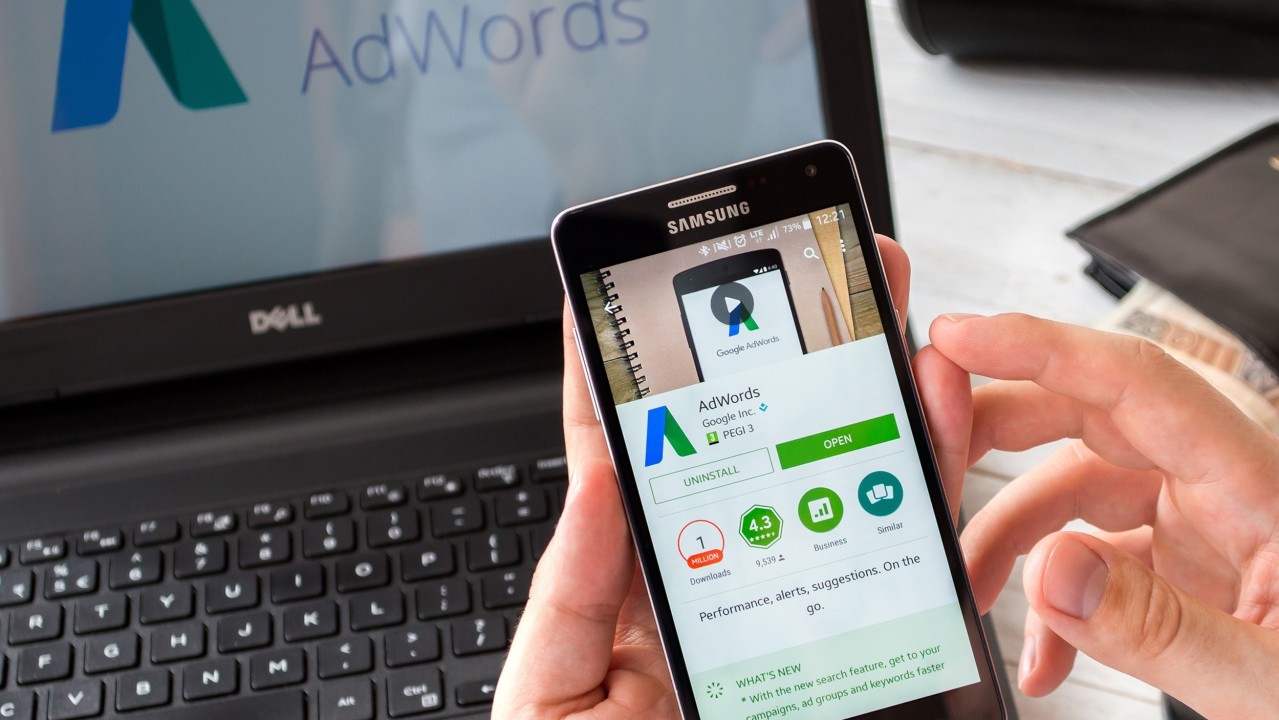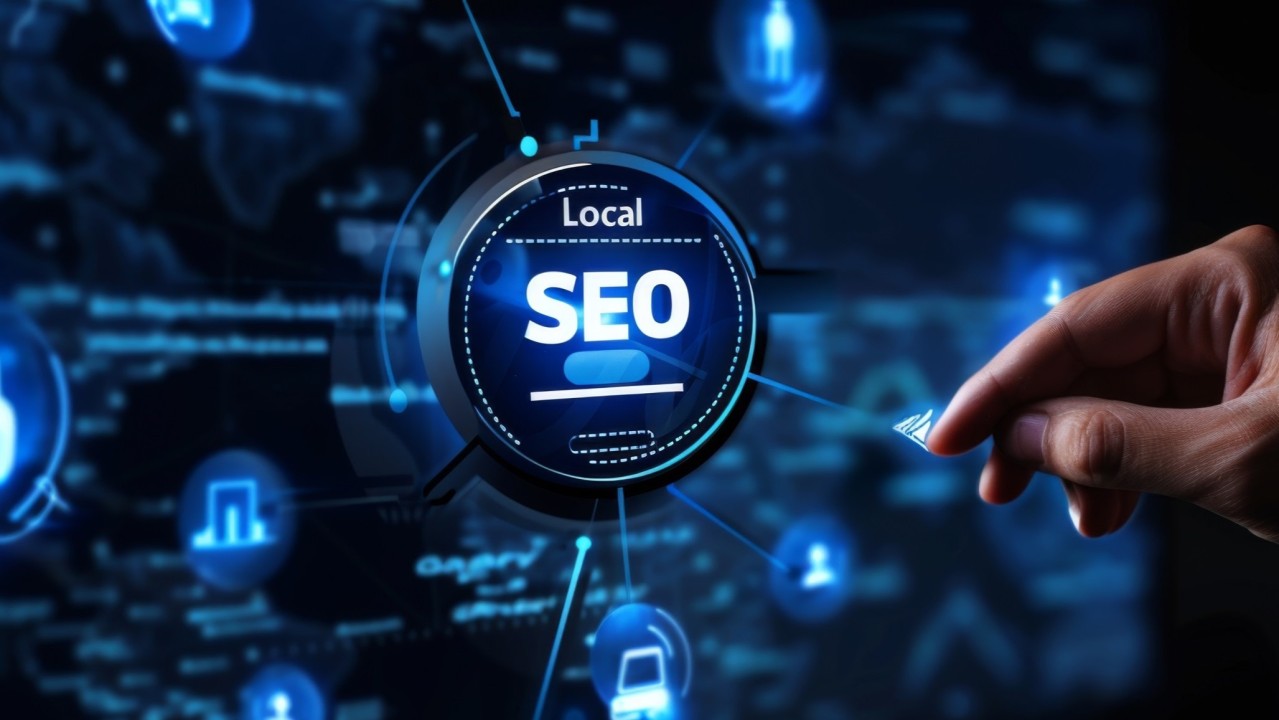News
From Insights to Impact: How AI Data is Shaping Modern Marketing
In the fast-paced and ever-evolving world of digital marketing, artificial intelligence (AI) has emerged as a transformative force. The integration of AI data into marketing strategies is revolutionising the way businesses engage with customers, optimise their campaigns, and drive growth.
This article delves into how AI data is reshaping modern marketing, focusing on its profound impact on digital marketing. By exploring the various ways AI is being utilised, we will uncover the benefits, challenges, and future prospects of this technological evolution.
Understanding AI in Digital Marketing
AI, at its core, involves the use of machines and algorithms to mimic human intelligence. In the realm of digital marketing, AI leverages vast amounts of data to analyse patterns, predict trends, and make automated decisions. This capability is particularly valuable given the immense volume of data generated in the digital age. From social media interactions to online purchase histories, the digital footprint of consumers provides a rich source of information that AI can tap into to deliver more personalised and effective marketing strategies.
Personalisation at Scale
One of the most significant impacts of AI in digital marketing is its ability to deliver personalisation at scale. Traditional marketing efforts often relied on broad demographic segments, leading to a one-size-fits-all approach. However, AI enables marketers to go beyond demographics and delve into individual preferences and behaviours.
Using machine learning algorithms, AI can analyse data from various sources, such as browsing history, past purchases, and social media activity, to create detailed customer profiles. These profiles allow marketers to tailor their messages and offers to individual customers, enhancing the relevance and effectiveness of their campaigns. For instance, Netflix’s recommendation system, powered by AI, analyses users’ viewing habits to suggest content they are likely to enjoy, resulting in increased engagement and customer satisfaction.
In the UK, a study by Econsultancy found that 74% of marketers believe personalisation has a “strong” or “extreme” impact on advancing customer relationships. This highlights the growing recognition of personalisation as a key driver of marketing success.
Predictive Analytics for Enhanced Decision Making
Another transformative aspect of AI in digital marketing is predictive analytics. Predictive analytics involves using historical data to forecast future outcomes. By applying machine learning algorithms to large datasets, AI can identify patterns and trends that humans might miss. This capability is invaluable for marketers seeking to optimise their strategies and allocate resources more effectively.
For example, AI-powered predictive analytics can help marketers identify which leads are most likely to convert into customers, allowing them to focus their efforts on high-potential prospects. Additionally, predictive analytics can be used to anticipate market trends and consumer behaviour, enabling businesses to stay ahead of the competition.
A notable application of predictive analytics is in churn prediction. By analysing customer behaviour and engagement data, AI can identify early warning signs of potential churn, allowing businesses to take proactive measures to retain customers. This approach not only improves customer retention rates but also reduces the costs associated with acquiring new customers.
Enhancing Customer Experience with Chatbots
AI-powered chatbots have become a ubiquitous presence in the digital marketing landscape. These virtual assistants use natural language processing (NLP) to understand and respond to customer inquiries in real-time. The adoption of chatbots has surged due to their ability to provide instant, round-the-clock customer support, enhancing the overall customer experience.
In addition to customer service, chatbots are increasingly being used for marketing purposes. They can engage with website visitors, answer product-related questions, and even guide customers through the purchasing process. For instance, fashion retailer ASOS uses a chatbot on Facebook Messenger to assist customers with product searches and provide personalised recommendations.
The benefits of chatbots extend beyond improved customer experience. They also enable businesses to gather valuable data on customer interactions, which can be used to refine marketing strategies and enhance personalisation. According to a report by Juniper Research, chatbots are expected to save businesses over $8 billion annually by 2022, highlighting their growing importance in the digital marketing toolkit.
Optimising Ad Campaigns with AI
Digital advertising is another area where AI is making a significant impact. The sheer volume of data involved in managing ad campaigns can be overwhelming for human marketers. AI, however, excels at processing large datasets and identifying the most effective strategies for ad placement and targeting.
Programmatic advertising, which uses AI to automate the buying and selling of ad inventory, has become increasingly popular. AI algorithms analyse user data to determine the optimal times and platforms to display ads, ensuring they reach the right audience at the right time. This level of precision minimises wasted ad spend and maximises return on investment (ROI).
Furthermore, AI-powered tools can continuously monitor and optimise ad performance in real-time. They can adjust bidding strategies, modify ad creatives, and allocate budgets dynamically based on performance metrics. This agility allows marketers to respond quickly to changing market conditions and ensure their campaigns remain effective.
Content Creation and Curation
AI is also transforming the way content is created and curated in digital marketing. While the idea of machines generating content might seem futuristic, it is already a reality in many areas. AI-powered tools can generate written content, such as product descriptions, blog posts, and social media updates, based on predefined parameters.
One notable example is the AI-driven content platform, Wordsmith, which uses natural language generation (NLG) to create data-driven narratives. This technology is particularly useful for producing content at scale, such as financial reports or sports summaries, where the information is structured and repetitive.
In addition to content creation, AI is enhancing content curation. By analysing user preferences and engagement data, AI algorithms can recommend relevant content to users, improving their experience and increasing engagement. For example, platforms like YouTube and Spotify use AI to suggest videos and music based on users’ past behaviour, keeping them engaged and encouraging longer sessions.
Overcoming Challenges and Ethical Considerations
While the benefits of AI in digital marketing are substantial, it is important to acknowledge the challenges and ethical considerations associated with its use. One of the primary challenges is data privacy and security. The collection and analysis of vast amounts of personal data raise concerns about how this data is used and protected. Marketers must ensure they comply with data protection regulations, such as the General Data Protection Regulation (GDPR) in the UK, and adopt transparent practices to maintain customer trust.
Another challenge is the potential for bias in AI algorithms. AI systems are only as good as the data they are trained on, and biased data can lead to biased outcomes. This is particularly concerning in areas like predictive analytics and personalised marketing, where biased algorithms can result in unfair treatment of certain customer segments. To mitigate this risk, marketers must rigorously test their AI systems for bias and implement measures to ensure fairness and inclusivity.
Ethical considerations also extend to the use of AI-generated content. As AI becomes more capable of mimicking human writing, there is a risk of blurring the lines between human and machine-generated content. Marketers must be transparent about the use of AI in content creation and ensure that AI-generated content maintains high standards of quality and authenticity.
Future Prospects of AI in Digital Marketing
The future of AI in digital marketing is promising, with ongoing advancements poised to further enhance its impact. One area of potential growth is the integration of AI with other emerging technologies, such as augmented reality (AR) and virtual reality (VR). These technologies offer new opportunities for immersive and interactive marketing experiences, which can be personalised and optimised using AI.
For example, AI-powered AR applications can provide customers with virtual try-ons of clothing or makeup, offering a personalised shopping experience from the comfort of their homes. Similarly, VR can be used to create virtual showrooms or interactive product demonstrations, enhancing customer engagement and driving sales.
Another exciting development is the use of AI in voice search and voice-activated assistants. As voice search continues to gain popularity, marketers must adapt their strategies to optimise for voice queries. AI can help analyse voice search data and provide insights into user intent, enabling marketers to create content and campaigns that resonate with voice search users.
AI is undoubtedly reshaping the landscape of digital marketing, offering unprecedented opportunities for personalisation, efficiency, and effectiveness. By harnessing the power of AI data, marketers can deliver more relevant and engaging experiences to their customers, optimise their campaigns, and drive business growth. However, it is crucial to address the challenges and ethical considerations associated with AI to ensure its responsible and fair use.
As AI technology continues to evolve, its integration with digital marketing will likely become even more sophisticated, opening new avenues for innovation and customer engagement. The key to success lies in staying informed about the latest developments, embracing AI-driven tools and strategies, and maintaining a customer-centric approach that prioritises transparency, fairness, and data privacy.
In the UK, the digital marketing landscape is already witnessing the transformative impact of AI. With continued investment and innovation, AI has the potential to elevate digital marketing to new heights, delivering insights that drive meaningful and measurable impact.





The Ultimate Social Media Guide
With the ever-growing power of social media, we use the latest techniques, video, and animation software to craft eye-catching social media assets that make your brand pop. Our designers, wielding Adobe Creative tools, create distinctive animations and graphics to illuminate your brand story and highlight your products or services. Want a unique design? No problem – we also offer bespoke designs to match your brand aesthetic.